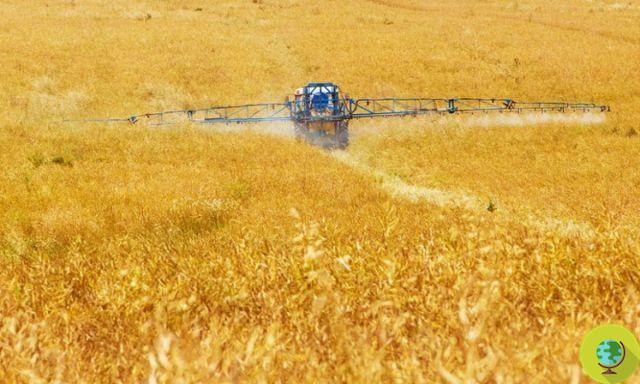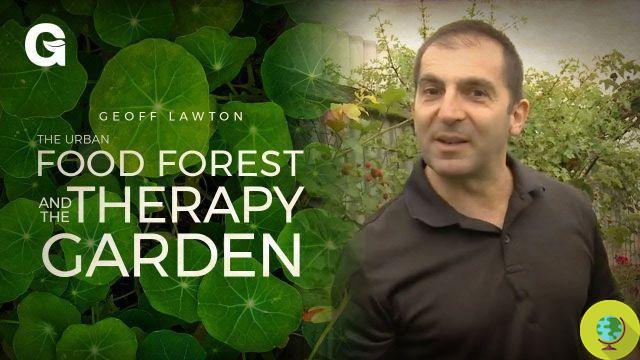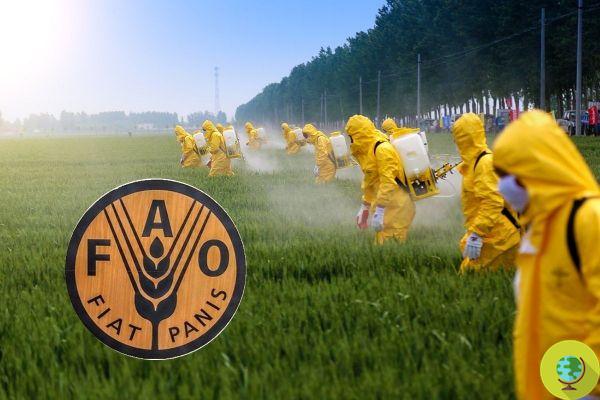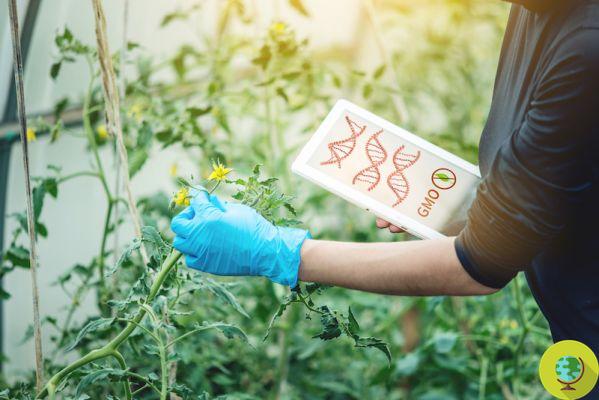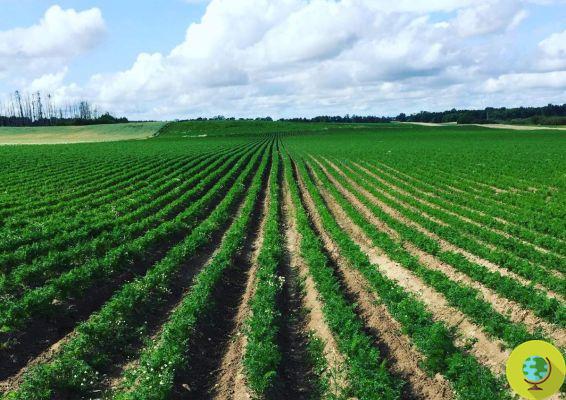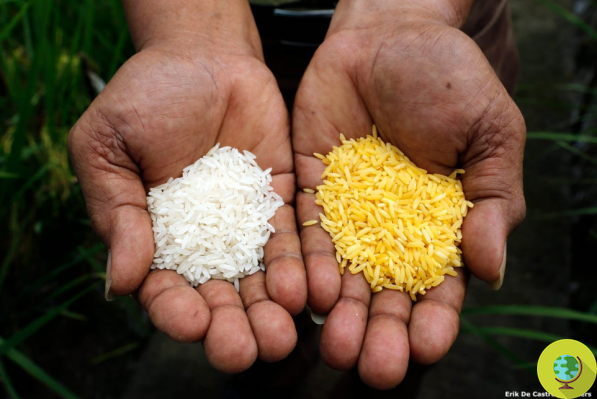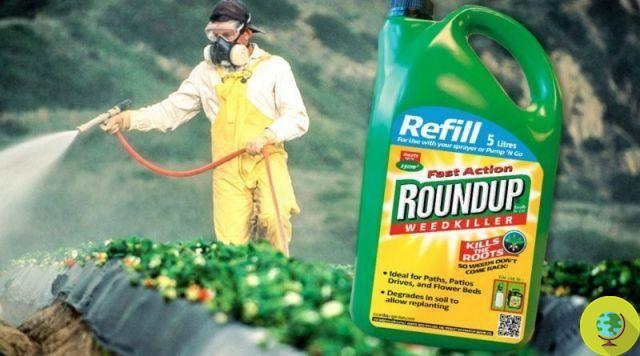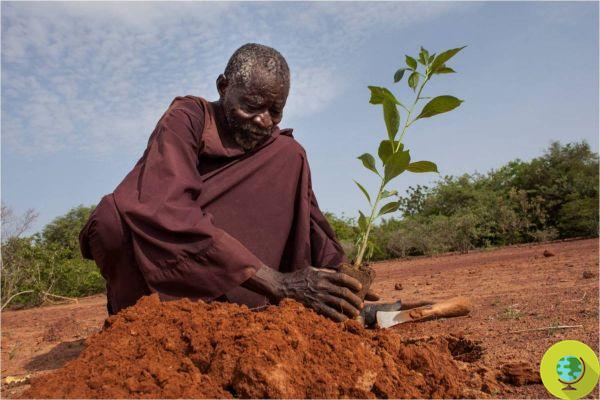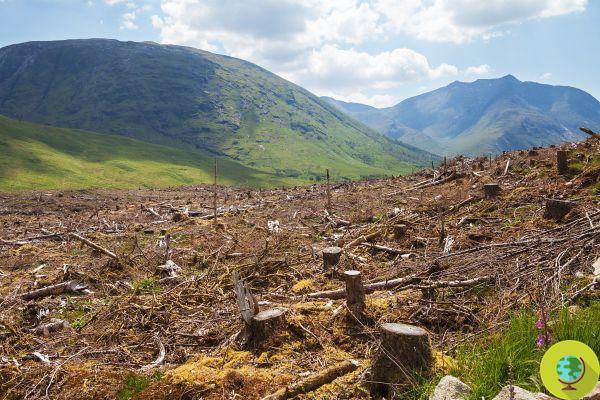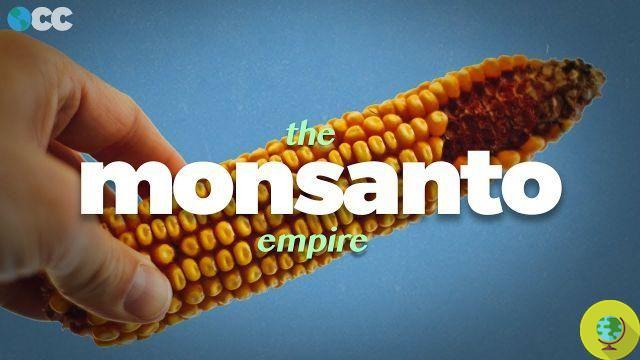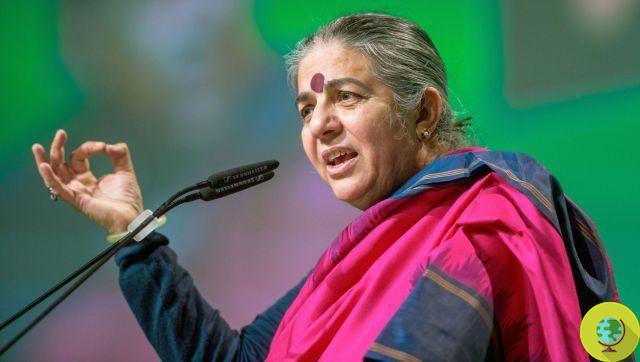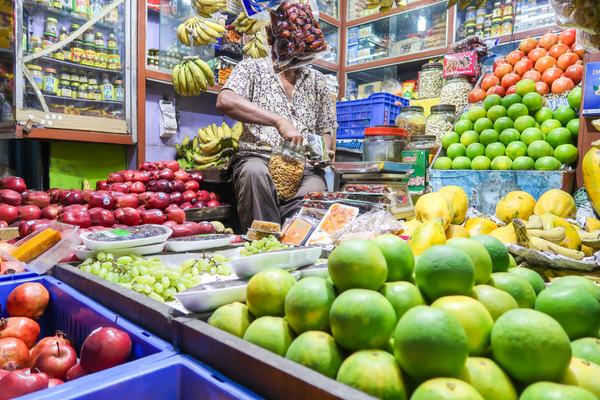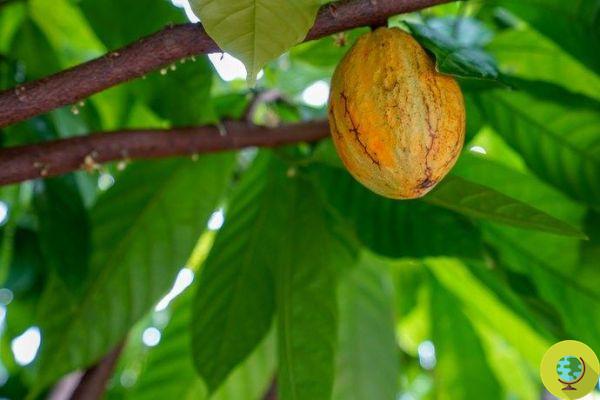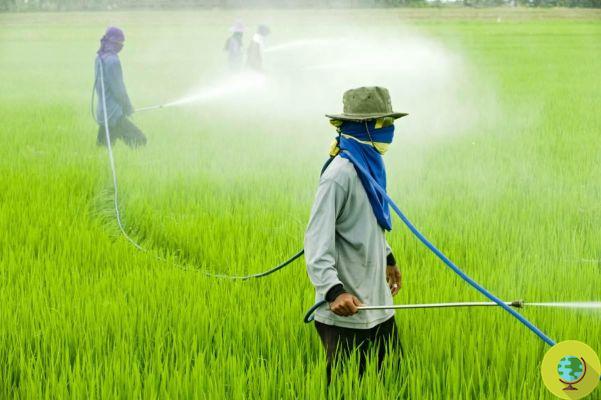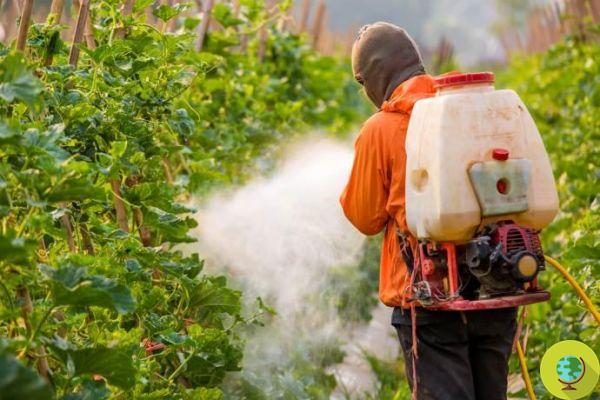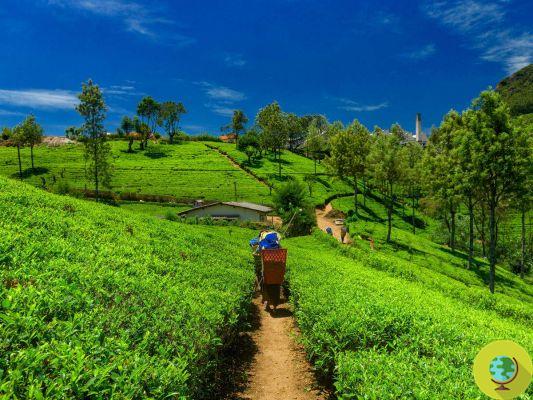
The UN has awarded the "Future Policy" to the state of Sikkim, an award dedicated to those who "create better conditions for present and future generations".
He is about to end up run over, his mother saves himFrom India a teaching on how to do agroecology: the UN prize for "policies that look to the future" in Sikkim
7 square kilometers nestled between China, Nepal and Bhutan, Sikkim is that tiny little part of India that is the first state entity in the world to have converted 100% of its agricultural production to organic.
Precisely for this reason the United Nations has awarded the "Future Policy" to the state of Sikkim, an award dedicated to those who "create better conditions for present and future generations".
The reason? This northeastern region in the heart of the Himalayas has practically reached a revolutionary milestone, after it succeeded in convert all 66 farmers to sustainable agricultural practices. And not only that: in addition to educating its farmers on agroecology, the state policy has implemented a phasing out of chemical fertilizers and pesticides and a total ban on the sale and use of chemical pesticides.
It was 2003 when, given the devastating effects of industrial agriculture, the Legislative Assembly of Sikkim decided to start a path towards organic certification throughout the state.
“If we have succeeded in converting the whole state to agri-food production without synthetic chemicals, it can also be done elsewhere. We can achieve poison-free and climate-friendly agriculture and food around the world by 2050. It takes political will and a lot of work. It wasn't easy; the opposition politicians but also the agricultural communities did not understand immediately ".
Yet, at the end of 2015, Sikkim had already converted 76.169.604 hectares of the 77 cultivated into certified organic cultivation.
In previous editions, the award was dedicated to policies that have contributed to combating the phenomena of desertification, violence against women, nuclear weapons and pollution of the oceans. This year's edition instead focused on the use of sustainable agricultural techniques, such as the recycling of crop residues as compost and crop rotation to improve the soil and protect it from pests.
“By increasing agroecology, it is possible to tackle malnutrition, social injustice, climate change and the loss of biodiversity. Through effective holistic policy, we can transform our food systems to respect people and the planet, ”says Alexandra Wandel, head of the World Future Council (WFC).
What remains of this wonderful news to us? Hope that politicians around the world will soon follow the same example!
Read also
Sikkim is the first 100% organic state in India
Germana Carillo




